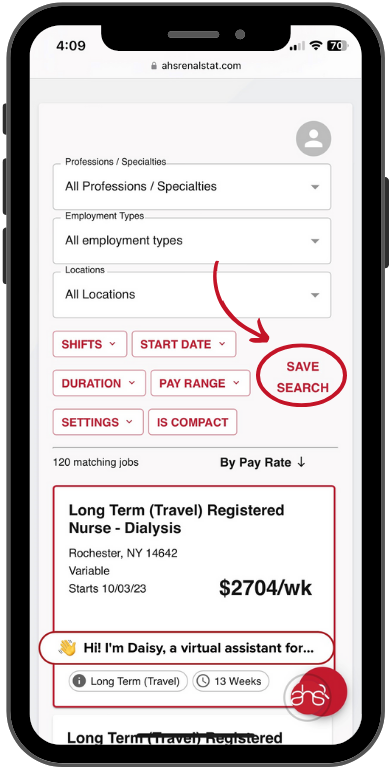Below are a few myths from the National Kidney Foundation
Myth: The only option for receiving dialysis treatment is to travel to a center at least three times per week for hours at a time.
Fact: Dialysis can be done in many ways: You can do hemo-dialysis which is done in a dialysis unit, a hospital or in the comfort of your own home. Or, you can do peritoneal dialysis which is done in your home. You and your doctor decide which form of dialysis and place is best for you, and based on your medical condition and your wishes.
Myth: Dialysis is painful.
Fact: Depending on the form of dialysis you choose, if you are on hemo-dialysis you may have some discomfort when the needles are put into your fistula or graft, but most patients usually have no other problems. The dialysis treatment itself is painless. However, some patients may have a drop in their blood pressure that could lead to nausea, vomiting, headaches or cramps. However, if you take care to follow your kidney diet and fluid restrictions these types of side effects can be avoided.
Myth: Dialysis is a death sentence. Fact: No, dialysis is a life sentence. When you, your family and doctor decide that it is time for you to undergo dialysis what you all are saying is that you want to live your life and feel better.
Myth: Dialysis is expensive or unaffordable for the normal patient. Fact: The federal government pays 80 percent of all dialysis costs for most patients. Private health insurance or state medical aid also helps with the costs.
Myth: Due to time constraints and exhaustion, dialysis patients can’t travel. Fact: Dialysis centers are located in every part of the United States and in many foreign countries. The treatment is standardized. You must make an appointment for dialysis treatments at another center before you go. Your facility social worker can inform you about what you need to do. Regarding exhaustion, if you take care of yourself and follow your doctor’s recommendations you should feel fine.
Myth: Dialysis patients do not have the time or energy to work. Fact: Many dialysis patients can go back to work or school after they have gotten used to dialysis.
Myth: Dialysis patients have no say in their treatment. Fact: You as a patient have a great deal of control over your treatments. Patients have a bill of rights (https://www.kidney.org/atoz/pdf/DialysisBillRights.pdf) which includes quality care, privacy, medical information, social work and dietary counseling
Myth: As a dialysis patient, I will feel alone and will be a burden to my family Fact: Many dialysis patients, once they become accustomed to their dialysis treatments, actually start to feel much better than they did prior to starting dialysis and feel much less of a burden to their families. Also, many get involved in volunteer activities to help other people like themselves, for example participating in kidney awareness activities.
~www.kidney.org~


